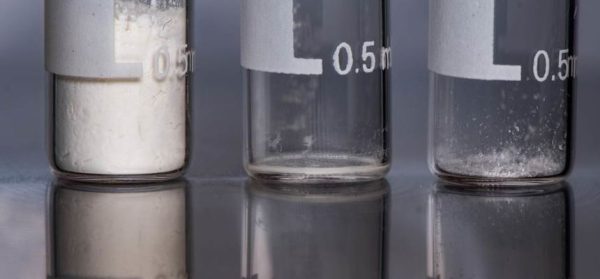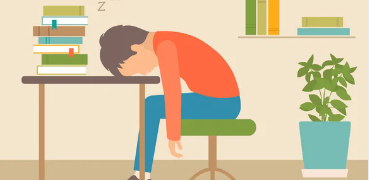Helping son take ADHD quiz prompts life-changing realization about herself
When I was 45, I had my son tested for ADHD. Looking over his shoulder, I read the questionnaire. “Don’t finish projects you start,” “difficulty sustaining attention,” “struggle to get organized,” “avoid, dislike or are reluctant to engage in tasks that require sustained mental effort.” These were characteristics of a diagnosable mental illness that could be treated? I got distracted from helping my son take the quiz because a light bulb had gone off in my head about so many of my own lifelong struggles.
Until that moment, I thought these were personality defects, flaws, weaknesses of character. I had often felt incompetent, immature, irresponsible. I had felt selfconscious, annoying, guilty. I had felt depressed, sometimes even hopeless. I had started to wonder if I had brain damage.
I took my first dose of a stimulant medication a few days later and felt like I had undergone a brain transplant. My thoughts flowed instead of jumping haphazardly from one to the next. I sat down at my desk for five hours and completed an application for graduate school—a process that usually would have involved weeks of glancing daily with dread at “complete application” on my to-do list, fearing the effort and hours involved in looking up the information and requesting transcripts and drafting an essay, and finding countless ways of procrastinating (or, more accurately, “procrastivity”), until the external threat of the deadline lit a fire under me, all the while feeling badly about myself for not just getting it done.
I wish my parents had known that the things that made me hard to parent were a brain disorder and not character flaws. My parents grounded me because they thought I was capable of better grades; they didn’t know how my brain fought back when I tried to concentrate on a subject that wasn’t interesting to me. My parents sent me to my room when I talked back, not knowing that the neurotransmitters I was lacking made me impulsive and unable to control my tongue and my temper. They criticized me for being moody, having no idea that my brain differences made me highly sensitive to criticism and rejection and to dwelling on these negative feelings.
I wish my parents had known everything that experts now know about ADHD and effective treatment of it. That ADHD is caused by a lack of neurotransmitters in the brain, and that medications and exercise restore the missing pieces. That ADHD is more painful for the student who can’t pay attention or focus on their work or calm their emotions than it is for the parent or the teacher who’s frustrated by their behavior. That there are tools and tips and tricks that I could have used to organize and plan and motivate. That the failure of someone with ADHD to accomplish a task is not laziness or lack of willpower, but an emotional struggle with feelings of anxiety or being overwhelmed or dread about of the steps ahead.
I wish my parents had the benefit of all that researchers have learned in the past few decades. Then they would have known to have me evaluated by a psychiatrist or psychologist to figure out why I was struggling in so many ways. They would have known that medication could calm my brain and my emotions. Today’s generation of families has newer resources like executive functioning coaches and body doubles and Pomodoro timers to help children focus and get organized and motivated. Families now have the benefit of organizations like CHADD and the Child Mind Institute and ADDitude media. It makes me happy and optimistic that with all these resources now, children with ADHD can become their best selves.
Melissa Ronan is an executive board member of Pelham Together and chairperson of its mental health committee. This article is part of a series Pelham Together is publishing for Mental Health Awareness Month.
















